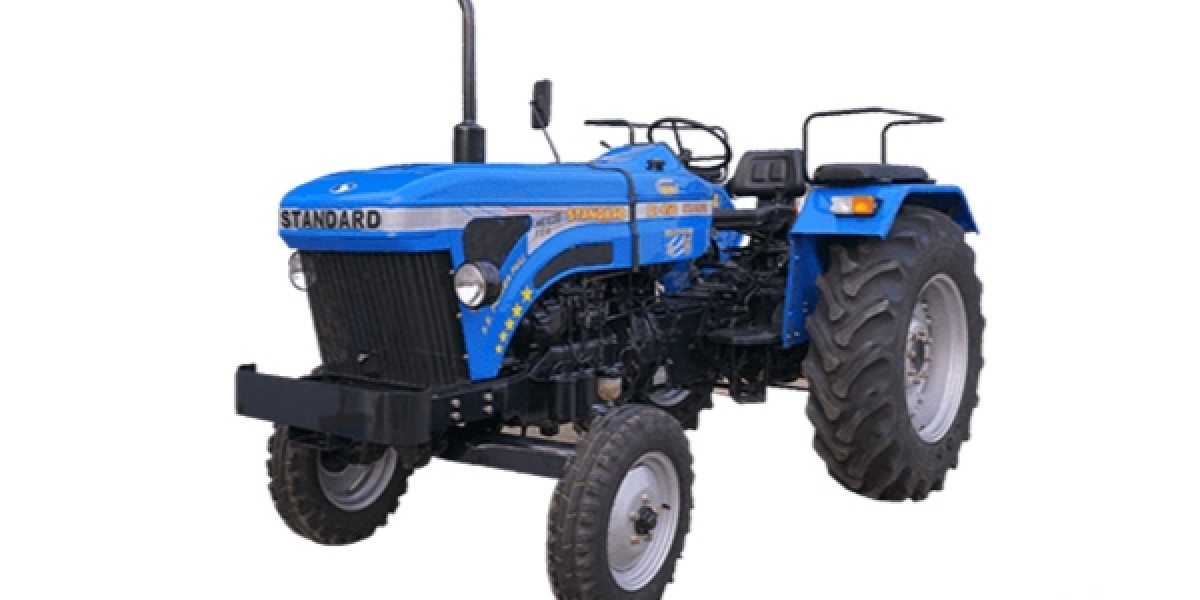Polycarbonate sheets are a highly durable, transparent thermoplastic material widely used across various industries due to their impressive combination of strength, impact resistance, and optical clarity. These sheets are made from polycarbonate, a polymer known for its versatility and high-performance qualities. In this article, we’ll explore what polycarbonate sheets are, their properties, common applications, and the advantages and limitations of using this material.
What Are Polycarbonate Sheets?
Polycarbonate sheets are flat, rigid panels made from polycarbonate resin. These sheets are known for their high impact resistance, optical clarity, and lightweight nature. Polycarbonate sheets can be produced in different thicknesses, sizes, and colors, and they are available in both solid and multi-wall configurations. Multi-wall polycarbonate sheets, for instance, have a layered structure that enhances insulation properties, while solid polycarbonate sheets offer high transparency and strength.
Polycarbonate sheets can be manufactured using extrusion or glazing processes and are available in a variety of finishes, including clear, frosted, and tinted. The material can also be treated with UV coatings to enhance its durability and weather resistance, especially for outdoor applications.
Key Properties of Polycarbonate Sheets
Polycarbonate sheets have several standout properties that make them a popular material for a wide range of applications:
Impact Resistance: Polycarbonate sheets are known for their extraordinary impact resistance, far superior to that of glass and acrylic. They can absorb significant force without cracking or breaking, making them ideal for applications where safety and durability are paramount.
Optical Clarity: Polycarbonate is one of the clearest thermoplastic materials available. The high optical clarity of polycarbonate sheets allows for excellent light transmission, making them a preferred choice for applications like windows, skylights, and displays.
Lightweight: Despite their strength, polycarbonate sheets are much lighter than glass, making them easier to handle, transport, and install. This is particularly advantageous for large-scale projects or installations.
Heat Resistance: Polycarbonate sheets have good heat resistance and can withstand a wide range of temperatures without losing their structural integrity. This makes them suitable for both high- and low-temperature environments.
UV Resistance: Polycarbonate sheets can be manufactured with UV-resistant coatings that protect against degradation caused by sunlight. These coatings prevent yellowing, discoloration, and brittleness, making polycarbonate sheets a great option for outdoor applications.
Sound Insulation: The multi-wall versions of polycarbonate sheets provide additional sound insulation due to their layered structure. This makes them ideal for noise-reduction applications, such as in greenhouses or noise barriers along highways.
Applications of Polycarbonate Sheets
The versatility of polycarbonate sheets means they are used in a wide variety of applications, including:
Construction and Architecture: Polycarbonate sheets are commonly used in construction for windows, skylights, roofing, and facades. They are particularly popular for applications where natural light is desired but additional strength and insulation are required. Multi-wall polycarbonate sheets are often used in greenhouse construction because they provide excellent light diffusion and thermal insulation.
Safety and Security: Due to their high impact resistance, polycarbonate sheets are widely used in the creation of safety barriers, protective windows, and security glazing. They are used in environments where safety and durability are critical, such as in sports arenas, correctional facilities, and high-traffic areas.
Automotive Industry: Polycarbonate sheets are used in automotive applications, including headlamp covers, sunroofs, and windows. Their combination of impact resistance, lightweight properties, and clarity makes them an excellent material for various automotive parts.
Signage and Displays: The clarity and ease of fabrication of polycarbonate sheets make them a popular choice for signage and displays. These sheets can be used for backlit signs, illuminated displays, and point-of-purchase displays in retail environments.
Aerospace and Aviation: Polycarbonate sheets are used in aerospace applications, including aircraft windows and cockpit canopies, because of their transparency, strength, and ability to withstand high impacts.
Electronics: Polycarbonate sheets are used in electronic applications, including protective covers for devices, housings for electrical equipment, and lenses for cameras and lighting. Their ability to resist scratches, impacts, and UV rays makes them an excellent choice for long-lasting electronic components.
Advantages of Polycarbonate Sheets
Polycarbonate sheets offer several advantages that make them a preferred choice over other materials like glass or acrylic:
Exceptional Durability: Polycarbonate sheets are highly resistant to cracking, breaking, or shattering, which makes them more durable than glass and ideal for applications where safety is a priority.
Versatility in Design: Polycarbonate sheets are available in various thicknesses, colors, and finishes, allowing for a wide range of design possibilities. They can be molded, cut, and fabricated into custom shapes and sizes.
Energy Efficiency: Polycarbonate sheets, especially multi-wall varieties, offer good thermal insulation. They help reduce energy consumption by minimizing heat loss and reducing the need for artificial lighting due to their excellent light diffusion properties.
Ease of Handling and Installation: Polycarbonate sheets are lightweight, making them easy to handle, transport, and install. Their flexibility and ease of cutting also make them suitable for a variety of applications, from DIY projects to large-scale commercial installations.
Cost-Effective: While polycarbonate sheets may cost more than some alternatives like acrylic or PVC, their durability, energy efficiency, and low maintenance costs make them a cost-effective solution in the long term.
Limitations of Polycarbonate Sheets
Despite the many advantages of polycarbonate sheets, there are some limitations that need to be considered:
Scratch Sensitivity: Polycarbonate sheets are more prone to scratching than materials like glass. While coatings are available to improve scratch resistance, it is still important to handle polycarbonate sheets carefully to maintain their appearance.
UV Degradation (Without Coating): Polycarbonate sheets can degrade over time when exposed to UV rays, leading to yellowing and a decrease in strength. However, UV-resistant coatings can mitigate this issue, making the material more durable for outdoor applications.
Chemical Sensitivity: Polycarbonate can be sensitive to certain chemicals, such as solvents and cleaning agents, which can cause the material to become brittle or discolored. It’s important to use the appropriate cleaning solutions to avoid damage.
Higher Initial Cost: While polycarbonate sheets are cost-effective in the long term, the initial cost can be higher than alternatives like acrylic or glass. However, the material’s durability and longevity often justify the investment.
Conclusion
Polycarbonate sheet are a durable, versatile, and high-performance material that is widely used in construction, automotive, electronics, signage, and many other industries. Their combination of optical clarity, impact resistance, lightweight properties, and ease of fabrication make them an excellent choice for a wide range of applications. While they do have some limitations, such as scratch sensitivity and potential UV degradation, these can often be mitigated with proper coatings and care. Polycarbonate sheets continue to be an essential material in numerous industries, offering a reliable and long-lasting solution for a variety of needs.








